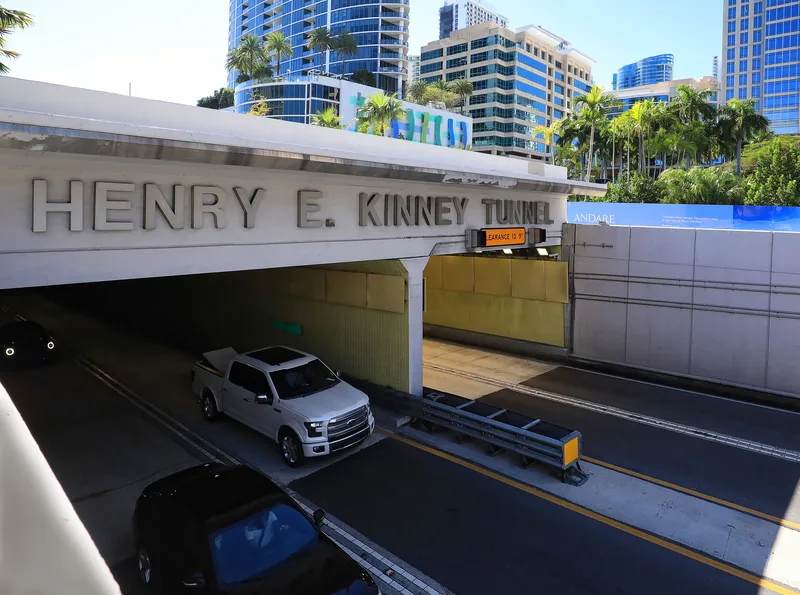The FlexWave Prism system replaces an incumbent DAS solution that was having performance and reliability problems. Additionally, the existing DAS had active elements in train tunnels that required maintenance in areas where access was severely restricted. The FlexWave Prism DAS minimised this issue by lowering the number of active elements in the tunnel from more than 50 to 13. This significantly reduces maintenance costs while improving reliability.
Another significant saving was the removal of the eight local base station locations deployed throughout the Metro. The base stations were replaced by a base station hotel that supports multiple operators from one central location, reducing real estate costs and simplifying network management.










